Q&A with Chris Chow
I spoke with a screenwriter for hire who has worked on films in Hong Kong, Japan, France, Eastern Europe, and South America.
When it comes to moviemaking in the United States, Hollywood is king. The film industry in Los Angeles is well established, but it’s also under increasing strain that has left many concerned about its future. So I was excited to interview Chris Chow, who has spent much of his career outside the studio system as an indie screenwriter and director in Hong Kong. He brings a unique perspective on the creative process, the differences between US and international productions, and where he sees the future of the film industry heading.
You have lived and studied and worked all over the world! Tell me a little about your background and history.
I was born in China. I grew up in Northwestern China, and I moved from there to Hong Kong when I was eight or nine, then from Hong Kong to New York for college. I went to Hofstra University on Long Island, and then USC, and I’ve been in LA ever since. I went to film school there; I majored in production. And I really needed a job to stay in the country, so I got a job at Universal Studios doing DVD stuff for them.
When you say DVD stuff, what exactly were you doing?
I’m kinda old. So at that time, DVDs were still relatively new. Universal and Matsutshita in Japan had a joint venture working on the very first generation of DVDs. At that time, the movie Crouching Tiger, Hidden Dragon had just won a bunch of Oscars, and it had helped Michelle Yeoh become a huge star. She was really hot in Asia, so she started her own production company, and they had this short film competition that included China, Hong Kong, and Taiwan. Everyone was sending things in, so I decided I had to try. So I just made a film in my friend's apartment, and submitted it, and I won. I found out later that everybody had huge budgets. There were these guys from, you know, the Beijing Film Academy, with their 35 millimeter cameras. I had a camcorder.
Because of that, I got a job offer and moved to Hong Kong. I got there, worked in their office for like a month, but the company wasn’t actually doing that well and things didn’t work out. But through that, I started meeting other people in the industry, and the key person that I met was actually the producer of Crouching Tiger, Bill Kong. He kind of took care of me, and basically I've been working with him ever since 2003 or 2004 to now.
He’s one of the big time producers in Hong Kong. And the reason I like working with him is that he has a production company, but he also runs a theater chain, so his bread and butter is really theaters. His company is not public, so it's totally privately owned. So he can just greenlight a movie, like, right now. It’s great working with him. There’s no BS, no red tape. He can just come to me with an idea: “Hey, let’s make a movie like this!” I say sure, bring a screenplay to him, and a year later it gets made!
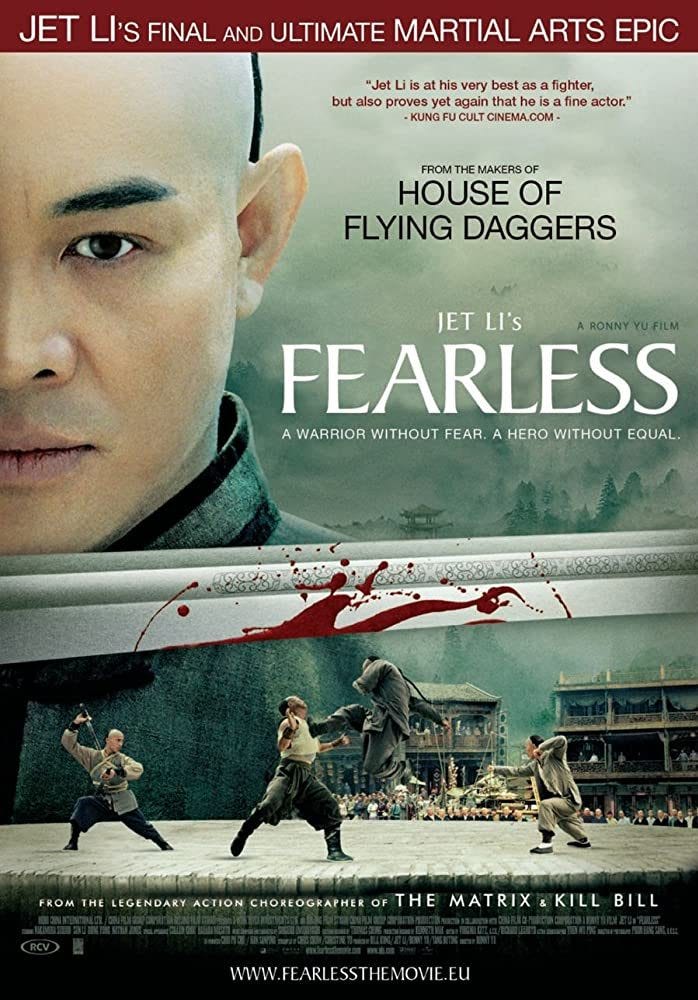
You wrote the 2006 film Fearless, starring Jet Li, which is still the ninth highest grossing foreign film of all time in the US. How did that affect your career?
Maybe because of my upbringing, I have always had this romantic vision about this film career. I’ve always wanted to make movies in different countries. So after Fearless became a sort of hit, it gave me a chance to do that. So I started to write movies with Hong Kong, Japan, French co-productions, anime adaptations, a lot of movies that never got made. Hong Kong was sort of my way in. And I ended up traveling a lot, which I really enjoyed. But I still wanted to be a director, so I talked to Bill Kong, just as he was starting a new company. And I told him I wanted to make an English movie, and he was like, “Oh sure, go do it!” So I made a super low budget indie movie, half in LA, half in Hong Kong, called Strawberry Cliff.
It's a weird horror movie. But when it comes to timing, I'm always a little bit late. There was a period where Japanese horror movies got really big in the US, like The Ring. There was a lot of funding for that kind of stuff. So I did one, but by the time I finished my movie, the whole train was gone. So the movie didn't really go anywhere, but it was kind of a good experience, because personally, I still love production. I love to be on set. And through that experience, I figured out, and it’s a very interesting thing, the difference between production in the US and production overseas. The way how you run a set, how people interact, is so different. To be able to be in production in the US is really lucky, because everything in the industry has a structure. The key thing is everybody's professional, everybody's so proud of their jobs. People here, they can be an Assistant Director for life, and they make a good living and they're proud of being an AD. But when you do a foreign film – and I’ve worked with French, I’ve worked with Hong Kong people, an Argentinian crew – every single one has its own weird little unprofessional thing going on. For example, Hong Kong has very good film crews. They're very efficient. But over there, they go by the European system, which is the auteur system. So the director has 100% power. They can basically say, “I don't feel like shooting today because I don't like the script,” and everything stops. And they can just overshoot, they can go over budget and nobody can say a thing. In the United States, the difference is the director would get fired.
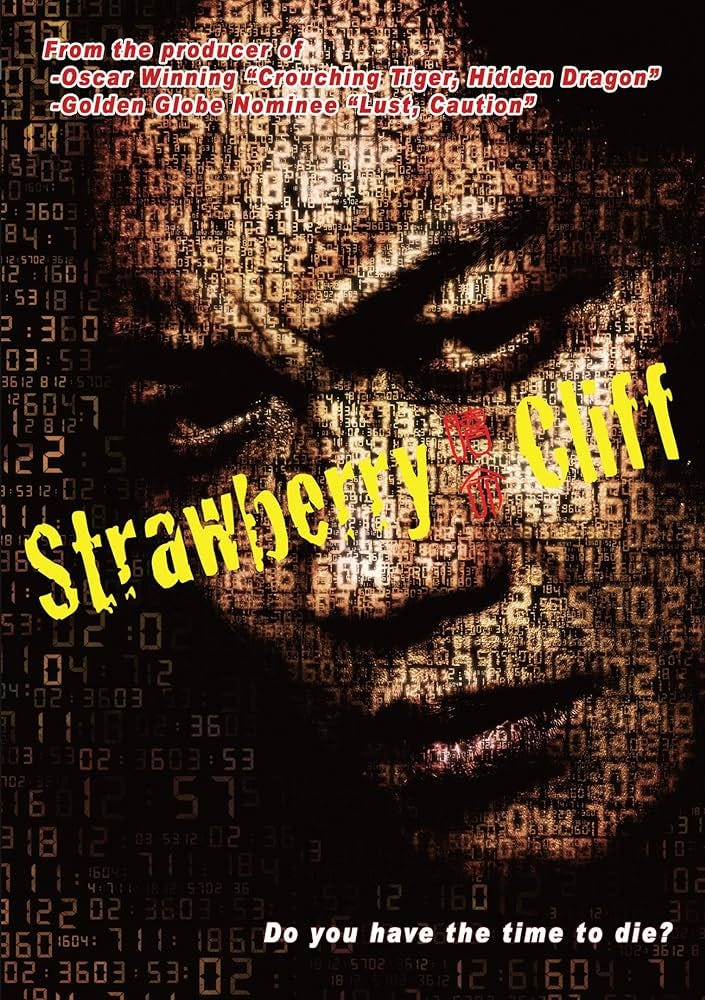
Can you give me an example of how that shakes out on set?
I don’t know if you know John Woo? He directed Face/Off and Mission: Impossible 2. He’s a great artist, and it’s painful to work with him, but he’s amazing. He wanted to do a movie called The Flying Tigers about the American pilots in China during World War II. So I wrote that with him—it was an amazing working experience. But the problem is just that he has 100% power, right? So what happened is he was like, “Oh, let's have more battles, let's add more. We had dogfights in the sky, but let’s add ground troops, and we'll have bodies pile up!” And I was just like, “What budget do we have?” He just told me, “Don't worry about the budget. We'll get it done”. But then in the end, what happened? The movie never got made, because nobody could afford that [laughs]. It was too expensive. That’s why [John Woo] went to China. Now he has all the control, and he can just go crazy with his budgets and stuff.
I'm curious about your screenwriting process. How do you approach screenwriting?
It's changed a lot. I worked a lot as a screenwriter for hire. So it’s really how you work with whoever's in control of the creative, whether it's a producer or the director. In my case, because I work outside the system here, I don't have to deal with a lot of executives, so pretty much I work with producers and directors. After a while, you get to be less concerned with plotting or characterization—it's more about capturing the tone. Because when you work with the director, you need to know their strengths and weaknesses, you need to understand their preferences, and if you find that tone that both you can understand, and you stick with that tone, then everything works fine. If you don't have that, then it pretty much ends in disaster [laughs].
So you view your screenwriting as very collaborative.
Yeah, I had no choice [laughs]. I divide myself into halves. Like, this half of me has to make a living, so I'm very collaborative and I cannot be a prima donna. But if I write my own script, then yeah, I'm a tyrant and nobody can change a word. But who’s gonna give me the money to make it?
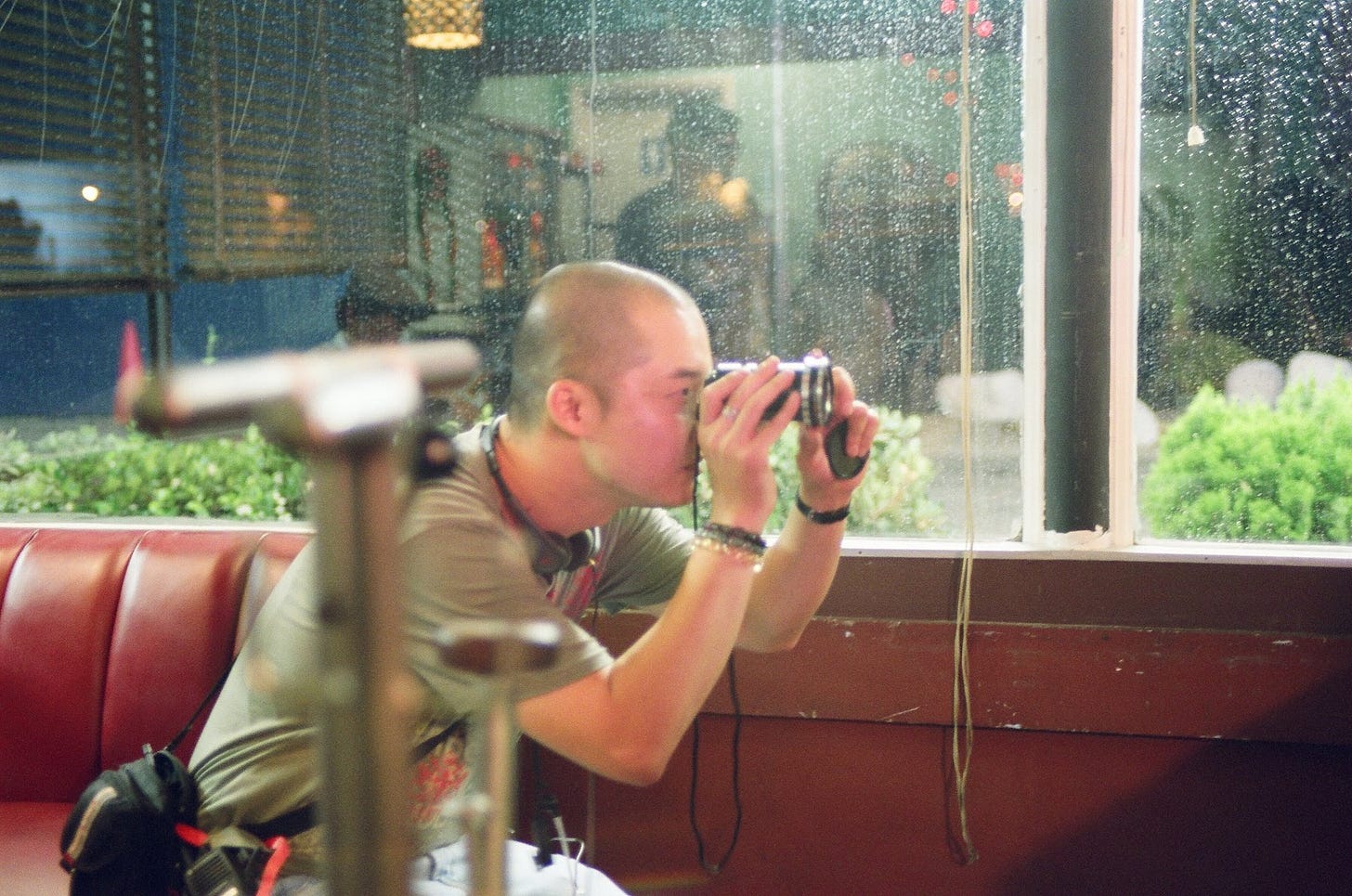
I feel like your journey into the Church was also a bit unconventional. Can you tell me about that experience?
It’s mainly because of my now-wife. After the pandemic, I was going through a lot, and I’d been trapped [in LA] for a couple of years going through a divorce and stuff like that. So I went back to Hong Kong, went through a 21 day quarantine in a hotel room, all those things. Then I met my current wife. And when I asked her out, she took me to church. That was our first date.. It just fell right at that moment, and everything just kind of worked out from that point on. This kind of gave me this opportunity to read the scriptures, to really think about it seriously. I met with the missionaries when I moved back to LA for a bit, and then I went back to Hong Kong. And one day the missionaries said, “Have you thought about getting baptized?” And I was like, “Let’s do it!”
What are your thoughts on the future of the film industry?
I recently watched this movie King of Kings, [which] I thought was quite good, from Angel Studios. There’s this whole subsection of the audience that Hollywood is not targeting, and that's why Angel Studios is doing really well. So I've been thinking about it a lot. I mean, if somebody would make a movie about a church, like a movie about trying to convert somebody into Christianity, I don't think that would work too, because nobody would enjoy it. Nobody wants to learn anything.
But there are values that a lot of audience members actually share, that somehow are not being represented. I think it's more about using that spirit, those values, that vibe, that tone. I think that's something that has somehow been missing in the movies now, because it was there before, you know? Even back in the 80s, it was there. Somehow it's all gone now, but obviously people kind of miss that.
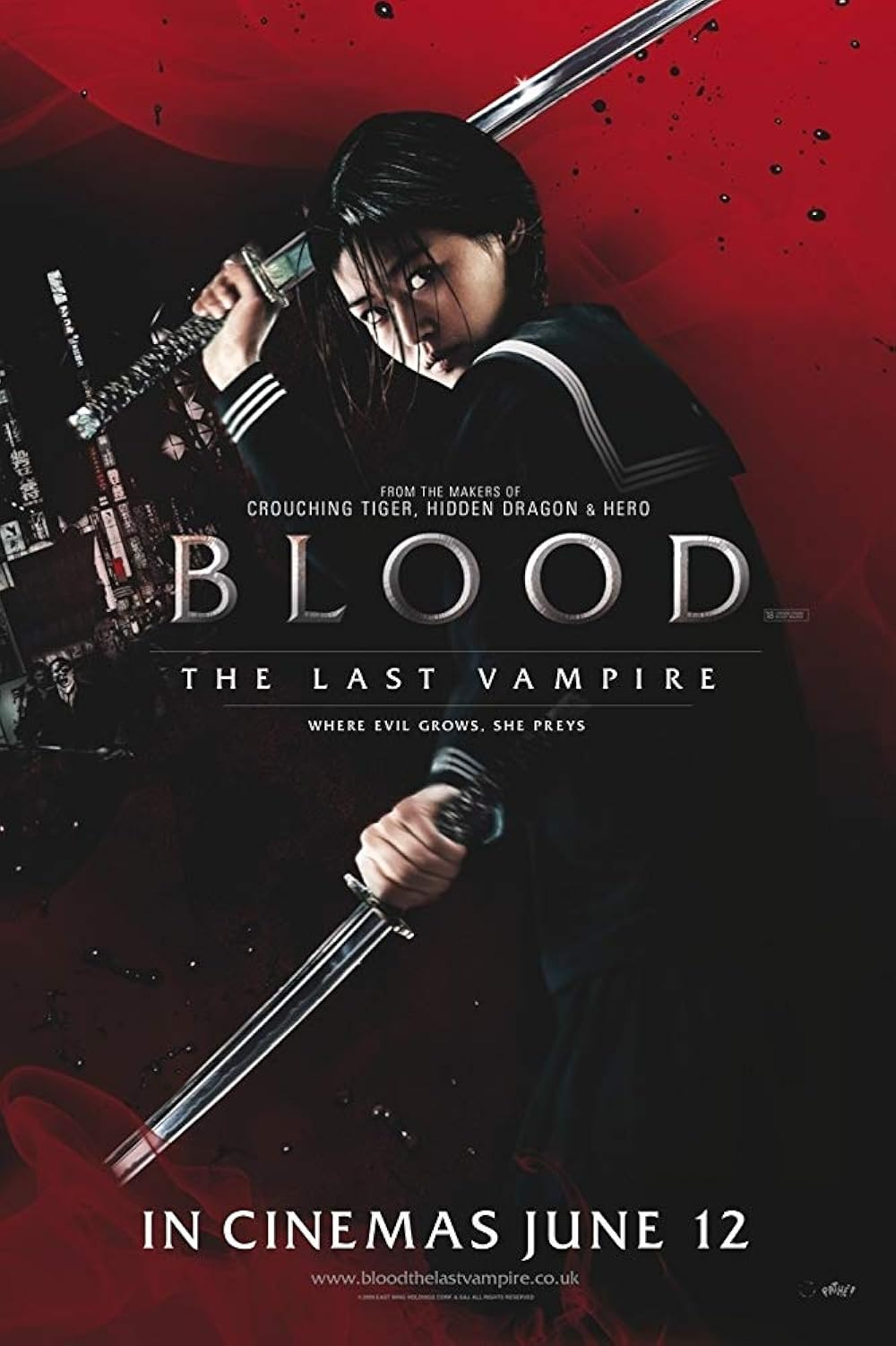
That's why Angel Studios—I don't know what they are going to do, but it seems like they are carving out a niche for themselves, and I think that niche still has a lot of room for people who want to work outside of the studio system. Within the system, I don't think it's going to happen. Even when they try to do it, it's not going to feel authentic. You know, there’s so much calculation to it, but authenticity, that’s the currency from now on, because everybody can make anything on YouTube now, so nobody needs to go to the theater to watch a movie anymore. So whatever's authentic, people are gonna connect. That’s why the studio system is failing, because inauthenticity just does not work. You cannot be authentic and get a movie passed through that whole process, you can’t be authentic by committee.
I'm very curious, especially now that everybody’s moving out of Hollywood. I think Kevin Costner is building a studio in Utah right now. And Mark Wahlberg is setting up something in Nevada. So the industry's changing, and I do think there's a lot of room to do something different outside the system, you know?
It's always when this kind of major shift, like a paradigm shift happens, that's when interesting stuff starts coming out. Just look at the 1970s. That really started from Easy Rider in the late 60s and onward, where everybody just started shunning the system. Then, with the import of the European style, you have The Godfather, Chinatown, and things start happening, right? Before that, you couldn’t imagine it, not until the whole star system fell apart. That's why you have a film renaissance.
So who knows? This could be a renaissance, on a smaller scale, because movies are no longer the main entertainment anymore… but still, there's a lot of room for creativity, and there's obviously room for something that thematically, helps people to connect better. It's exciting.




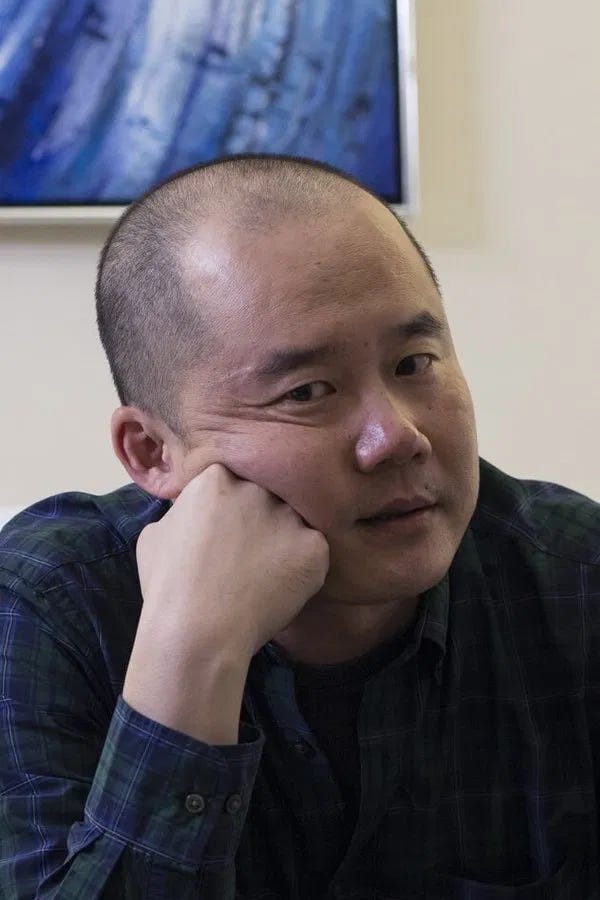

Wow! I've been a fan for a long time, didn't know about the conversion story - what a unique situation! Church on first date? Haha amazing. I want to meet/get to know his wife more now, too!